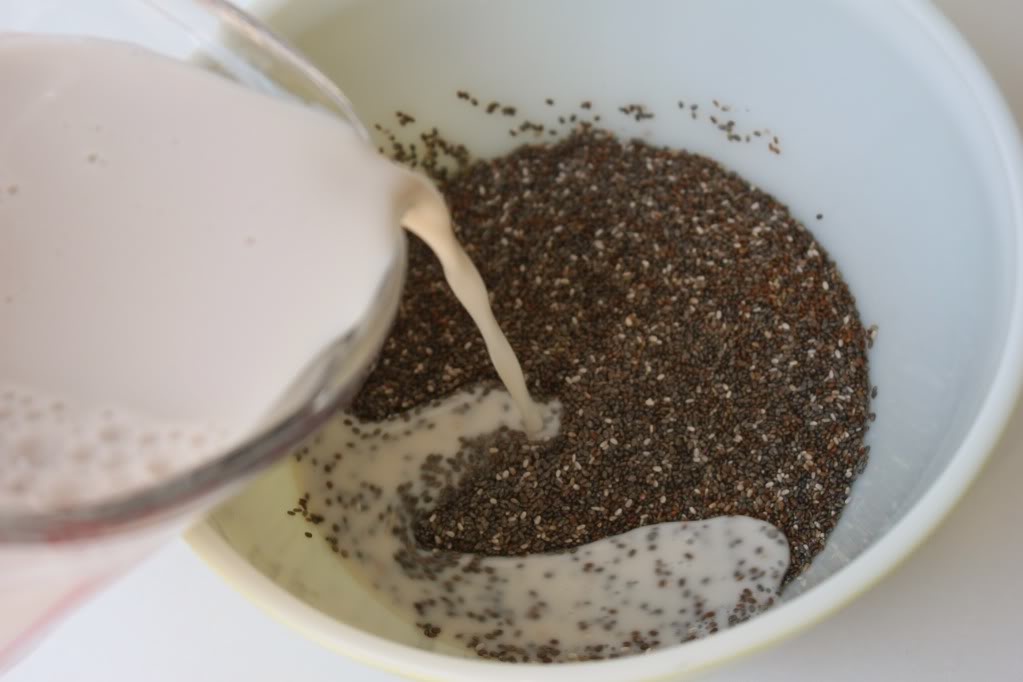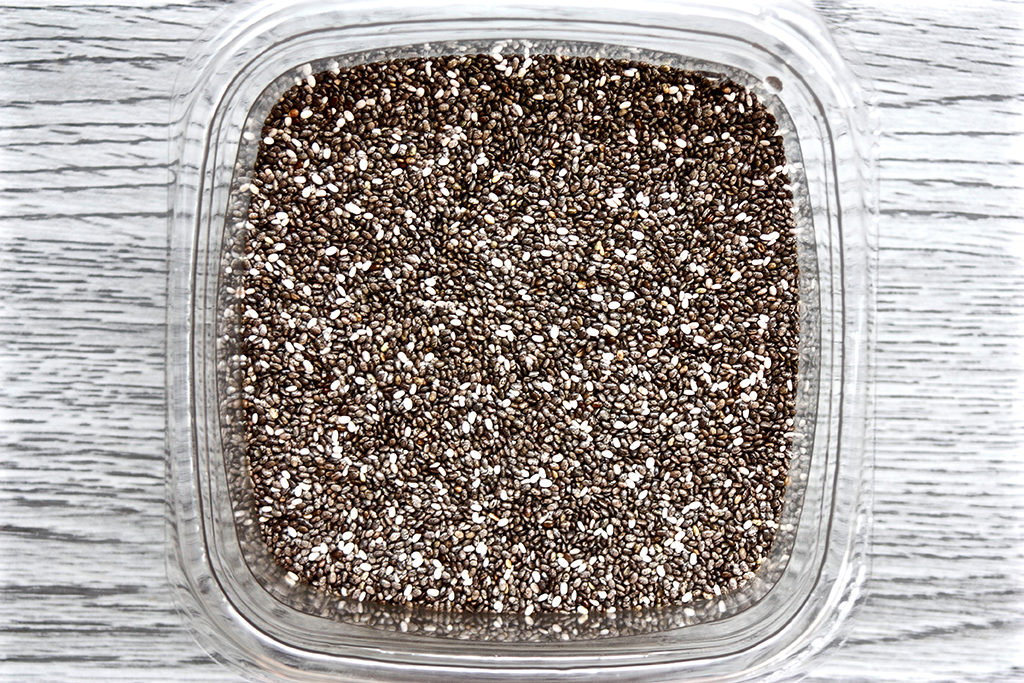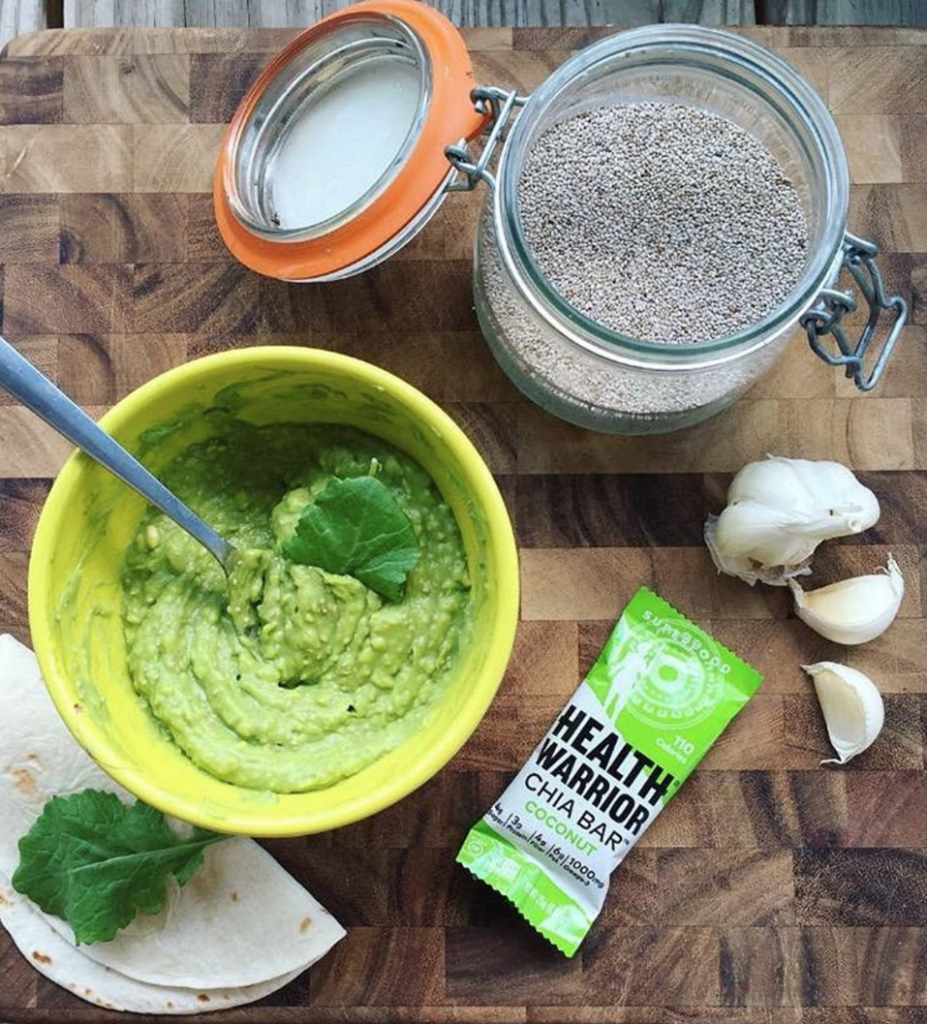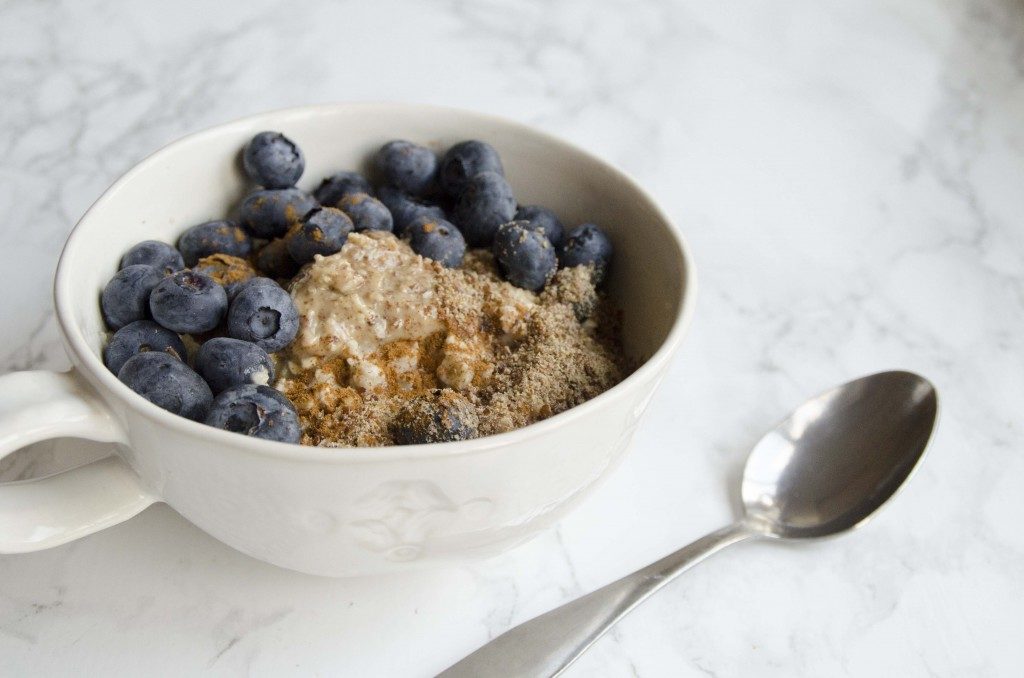Waking up in the morning, I prepare my breakfast oats with milk and two tablespoons of chia seeds. Some days, I choose to have yogurt with fruits instead, and add on another couple tablespoons of chia onto that. Finally sometimes, I go as far as to make myself chia seed pudding.

Photo by Brooke Bierhaus
Chia seeds, those tiny little black or white grains we have grown to love, have infiltrated social media, health bloggers, and websites like Spoon since around two years ago. It seemed like everyone was into making puddings or adding them to smoothie bowls because the nutritional benefits they pack on was enough to consider them a superfood.
What’s all the hype about?

Photo by Christin Urso
It’s said that chia seeds have much to offer for fewer calories. Most of their carbs are in the form of fiber, and some experts believe that they can help lower the risk for certain diseases, and help with weight loss. Among that they’re high in omega-3s, essential fatty acids and antioxidants, which led people to believe they are a superfood containing anti-inflammatory properties.

Gif courtesy of giphy.com
Sadly, just as any other food trend that we experience, the hype around chia seeds may not have been all that necessary. A study from 2009 and a study from 2012 both had groups of obese/overweight men and women on a 10-12 week program that required them to intake about 25 g of chia seeds in their diet. Both studies showed no benefits to inflammatory or disease risks, or benefits in body mass index and body composition after the experiments. What was found, however, was an increased level in essential fatty acids.

Photo courtesy of @health_warrior on Instagram.com
Needless to say, there are studies in favour of what the little seeds can offer. This study from 2010 reported increased satiety levels in a group of healthy subjects, while a study from 2015 reported improved glucose tolerance in rats. As well this paper found redistribution of lipids in rats in favour of protecting the heart and liver.
Final Verdict?

Photo by Becky Hughes
Chia seeds can act as nutrient boosters but not nutrient replacers. They could provide some benefits for weight management due to their high fiber content, as well as contain essential fatty acids and are a complete source of protein.
My main takeaway is that I want others to be wary of miraculous claims that don’t explain the whole story. Even if my diet does not necessitate them or get the so-promised disease-fighting benefits, I’m still going to enjoy my tasty chia-filled breakfasts purely for their convenience and versatility, and you should too.


